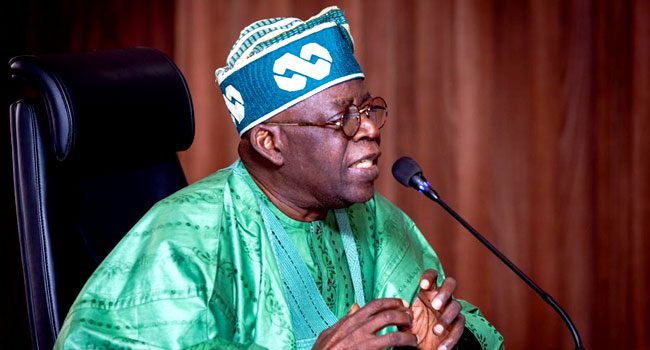
President Bola Tinubu’s recent approval of the North-West Development Commission (Establishment) Bill, 2024, and the South-East Development Commission (Establishment) Bill, 2023, has led to the expansion of development commissions in the country. However, many of these commissions have failed to meet the high expectations for which they were created, and this trend cannot be allowed to continue.
While the President mentioned the need for accelerated development as a driving force behind these new commissions, the mixed track records of bodies like the Niger Delta Development Commission (NDDC) and the North-East Development Commission (NEDC) raise doubts about the effectiveness of similar interventionist agencies.
The NDDC, established in 2000, aimed to expedite infrastructure development in the Niger Delta region, provide training for youths, and address unrest fueled by militancy, among other goals.
On the other hand, the NEDC, established in 2017, was tasked with promoting sustainable growth, rebuilding the North-East region – a stronghold of the Boko Haram insurgency, and resettling displaced citizens.
Despite citing insufficient funding from the government and member states as a challenge, these agencies have predominantly faced issues of mismanagement of funds, leading to their failure in achieving their intended development objectives.
They have largely become avenues for political figures and influential regional leaders to siphon public funds for personal gain, resulting in numerous unfinished projects and shattered development aspirations.
Instead of driving rapid development in the Niger Delta, the NDDC has become synonymous with corruption, contract inflation, misallocation of resources, phantom contracts, and a lack of transparency in procurement processes.
An audit report for the NDDC revealed massive financial mismanagement, with one incident involving the former Acting MD collapsing when questioned about questionable payments totaling over N1 billion for dubious contracts.
Notably, a significant number of projects under the NDDC, worth billions of naira, have either been abandoned, terminated, or left incomplete, highlighting the systemic failures within the commission.
Besides the NDDC, other initiatives like the Presidential Amnesty Programme and the Ministry of Niger Delta Affairs, despite substantial funds allocated to them, have also fallen short of delivering meaningful impact to the people of the Niger Delta.
While the NEDC aims to secure a sizable budget for its North-East development plan, concerns persist over the lack of accountability in managing the funds allocated since its inception.
Criticisms have been directed towards the NEDC for allocating significant amounts for personnel costs in a region facing severe humanitarian crises, raising questions about priorities and financial stewardship.
The establishment of new commissions for the South-West and South-East regions raises skepticism about their potential impact on development, given the historical challenges faced by similar bodies. There is a risk that these commissions may serve as avenues for diverting public funds to political allies rather than driving genuine progress.
The government should prioritize national development plans through relevant ministries, enhance oversight mechanisms, and revisit the findings of the NDDC forensic audit to ensure accountability and transparency.
Efforts should be made to ensure proper utilization of funds, such as the N1 trillion loan granted to the NEDC, with a focus on delivering tangible outcomes and addressing pressing needs in affected regions.
Taking steps to eliminate underperforming development commissions and integrating them under relevant ministries could streamline operations, prevent duplication of efforts, and mitigate wastage of resources.
Urgent actions, including a comprehensive review of existing reports like the Steve Oronsaye Report, promoting fiscal federalism, and enhancing the efficiency of local governance structures, are crucial for achieving sustainable development goals and empowering communities effectively.
